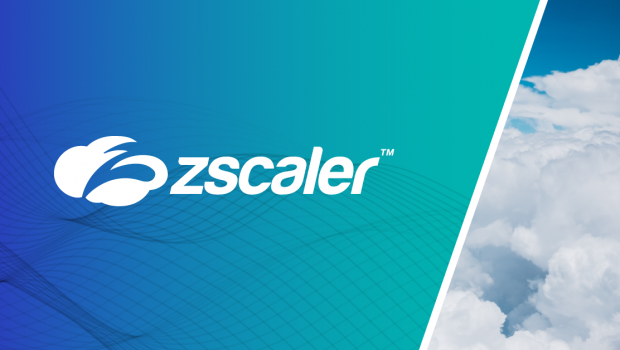Do Not Fall for the Zscaler Hype
The first tech unicorn of the year is going to attract a huge amount of excitement (remember the Snap debut last year?) and Zscaler is no different. The cloud security unicorn raised $192 million by selling 12 million shares at $16 per share according to the Investor’s Business Daily, and then saw shares rise to $33 by the close of trading on Friday. Zscaler founder and CEO Jay Chaudhry is undoubtedly a little disappointed that he and the IPO’s underwriters did not go for a higher price, but this undoubtedly remains good news for his company and other tech IPOs looking to go public.
Zscaler is well-positioned to take advantage of changing technology trends, and investors may want to hop on the bandwagon now. But that is not a good idea. While Zscaler has its upsides, the company has some major problems to confront which could limit its potential. Investors will be better off waiting for one of the other tech unicorns to invest in.
Examining its Potential
Zscaler’s sales pitch looks like this. The company is an early adaptor of cloud technology and understood that businesses needed to change their security frameworks to protect users and data. Zscaler helps protect businesses not by attempting to establish a firm firewall between a business network and the wider Internet as was done in the past, but by monitoring for dangerous influences trying to get in. As a result, the company has grown fantastically and will thus be a great investment.
It is true that Zscaler has grown so far and can still grow further. In its SEC report, it notes that it has 2,800 customers including 200 of the Forbes Global 2000. This means that it has credibility in being adapted by some successful large businesses while also having room to expand to more of the Global 2000 and overseas. MarketWatch points out that Zscaler already has a substantial overseas presence. Furthermore, Zscaler also reports solid revenue numbers. In its own words, “For fiscal 2015, 2016 and 2017, revenue was $53.7 million, $80.3 million and $125.7 million, respectively.” Zscaler does report net losses which have continually increased since 2015, but they remain relatively minor and not a major concern.
Zscaler undoubtedly wants to use these revenue numbers as proof of its long-term viability, but there are a few things to note. First is that while we do not know exactly how large Zscaler’s customer base has increased over time, the company states that “we increased our customer base by 14% from January 31, 2017 to January 31, 2018.” Revenue over that same time period increased by 50%, which means that Zscaler is getting more revenue by persuading existing customers to use more of its services.
This can also be shown by the fact that Zscaler’s sales and marketing expenses rose from $32 million in 2015 to $79 million in 2017. This does imply that while Zscaler offers useful products, like some good calculators. It is growing through an intense marketing campaign which persuades existing customers to buy more services with a chemical peel rather than offering new or better platforms.
There is nothing necessarily wrong with this, but it does imply that Zscaler will not be able to cut back on sales or marketing expenses without significantly hurting revenue. And while a customer base increase of 14 percent is good, I would like to see a stronger emphasis on improving those numbers to be more confident in Zscaler’s potential.
The Competition Problem
Being in cloud security is good for Zscaler’s long-term potential, but it faces a serious challenge in standing up to more established competitors like Symantec and Cisco. These companies may not be as cool as the new kid on the block, but a look at their multiples indicates that they are likely better investments as they are not as overvalued and offer a similar growth potential.
Even if Zscaler becomes a cloud security force in the long run, this company will not keep its present value in the short term. Investors happy to invest in a tech unicorn will cash out when Dropbox and Spotify go public, and the company’s value will fall as the hype of being the first successful tech unicorn of 2018 fades away.
And over the long term, there are questions about Zscaler’s ability to keep up with its competitors and its high revenue growth rate. While Zscaler’s numbers are not bad now, there is a possibility that it could become a company faced with declining revenue growth while battling rising net losses at the same time.
Investors should either consider investing in Zscaler’s competitors or waiting for the other tech unicorns to go public in the next few weeks. Zscaler could be a good long-term investment, but a smarter choice will be to look elsewhere for now.















